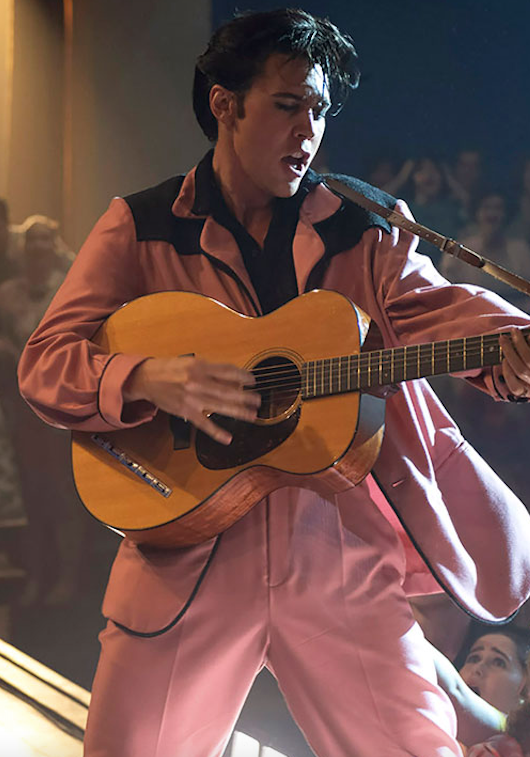Baz Luhrmann movies and soundtracks go together like, well, Romeo and Juliet, so when taking on a biopic of the King of Rock and Roll himself, the music had to knock it out of the hayride. The director’s longtime collaborator Elliott Wheeler tells us how his understated score allowed the film’s musical numbers to shine, and how he helped Austin Butler step into Elvis’ blue suede shoes.
Elvis has been five years in the making; how does it feel now that it’s out and has received such positive reviews?
It feels wonderful. We started back in 2017 when we first sat down with Baz and started having conversations about it. We started to listen through the entire Elvis catalogue; I think that he recorded over 800 songs!
So just getting your head around that and understanding the scope of work and the responsibility… we were like, “Okay, this is the mountain that we have to climb; how do we go about it?” It's great to finally be talking about something that feels very private to [us] in some ways for a long, long time – a very close team were working on it. To finally have it out in the public feels like letting your children leave the house!
Before you ever worked with Luhrmann, as a composer you must have been aware of the integral role that music and soundtracks play in his films; was it daunting when you were asked to work on The Great Gatsby?
There was pressure, but mainly excitement, to be honest. William Shakespeare's Romeo + Juliet is one of the films that I saw in my late teens, and it was such a groundbreaking experience.
To see Shakespeare reimagined that way and with such an interesting take on the music, I thought was brilliant – not just the contemporary cuts that were in there, but also the Craig Armstrong score was just beautiful; the Kissing You song that he did with Des'ree is still one of my favourite pieces of score and contemporary music combined. So there was great excitement stepping in there.










